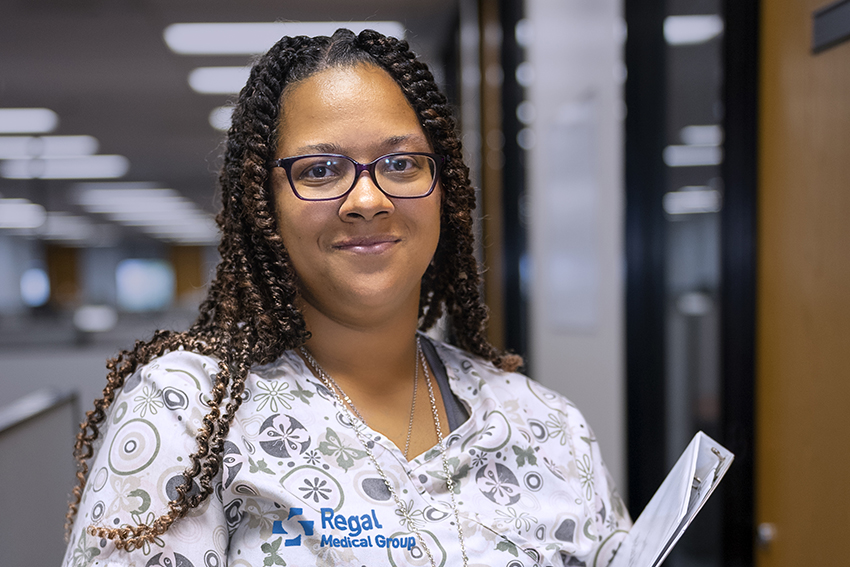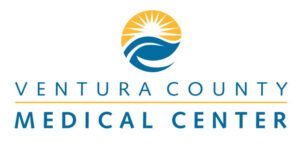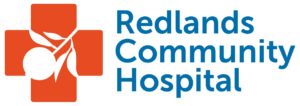My Specialty
Outpatient Case Management, Sabrina Keys, Regal Medical Group
Helping patients stay healthy and on track by building trusting relationships

Sabrina Keys RN, BSN
Outpatient Nurse Case Manager
Regal Medical Group, Northridge
Please share with us the trajectory of your nursing career.
I’ve been a nurse since 2014. I started out in med-surg/telemetry and then moved to ICU. I’ve been in case management since 2018.
What led you to case management?
The schedule was very attractive, and much better for my family. The hours are Monday–Friday, 8 a.m. to 5 p.m.
Tell us what your role involves.
I work in the complex case management outpatient department. Some of the diagnoses we manage include congestive heart failure, atrial fibrillation, COPD, chronic wounds and diabetes.
The vast majority of our patients are over 50, but there’s a wide age range, including a number of young adults. We also help out with care coordination for the pediatric population, which means working with parents to make sure the patients are getting the services and referrals they need.
There are some disease-specific departments, of course, but I can educate patients on most any diagnosis.
What does your work look like from day to day?
I spend a good part of my day reaching out to our members. We always start with the recent hospital discharges because they need follow-up appointments and home equipment.
I then move on to the patients that I know need a little extra TLC. Some members have less intensive needs than our more complex patients, but are looking for basic care coordination.
Patients can also contact me. If they call and leave a message, I try to return their calls as quickly as possible. They can also text me, but only with messages that contain no personal health information (although we do have the capability for encrypted texting if we need it for certain patients.)
How do members get placed with you?
We receive referrals from primary care physicians, hospital discharge planners, social workers or medical specialists. We also receive some self-referrals from time to time.
How often do you talk with the referring M.D.s?
It depends. We more often end up talking with their offices to coordinate care, but direct conversations are sometimes necessary if we need clarity about aspects of a member’s medical situation or treatment plan.












